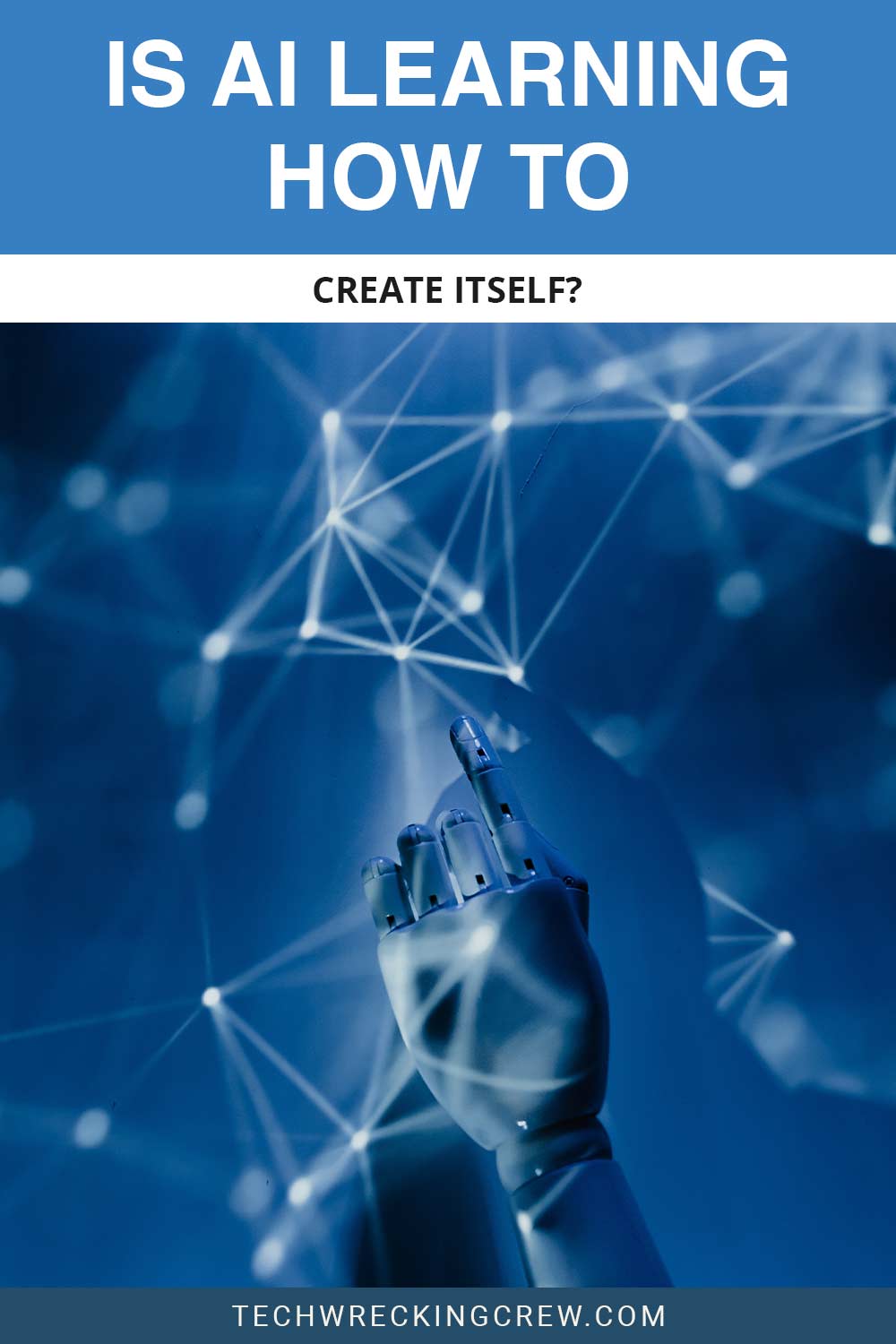The term “artificial intelligence” refers to the practice of programming computers to mimic human intelligence. Expert systems, NLP, SR, and MV, are all concrete uses of artificial intelligence.
Since humans have been working tirelessly to create a machine clever enough to resemble human intelligence, could it be possible that AI is learning to create itself without the need for actual humans?
What is Self Awareness of Artificial Intelligence?
When computers can recognize and respond to their own feelings and those of others, we say they have self-aware artificial intelligence.
When AI achieves self-awareness, it will have the same level of intelligence as humans and the same range of feelings, needs, and desires we do.
This form of AI has not been developed successfully because we lack the necessary hardware and algorithms at this time.
How Long Does it Take for AI to Learn?
Before, AI may have taken some time to learn. But now, with new technological advances, AI can learn almost as fast as a human can, possibly even faster.
There are projects in existence today where scientists are testing AI to see if it can learn as a child does, which is pretty cool when you think about it.
What are the Types of Artificial Intelligence?
Many are familiar with particular branches of AI, such as machine learning and natural language processing, but few realize there are actually four distinct kinds of AI.
There are four main categories of artificial intelligence: reactive, limited memory, theory-of-mind, and self-aware (as we have already discussed).
Reactive AI
Reactive AI, as its name implies, is the most fundamental form of artificial intelligence and is still quite useful because it responds to the current environment.
As intended, reactive AI produces results that can be predicted from the input it receives. This type of reactive machine will always react the same way to the same situation.
The output will always be the same if all of the inputs are the same. Machines designed to react to input cannot learn from experience or predict the future.
Limited Memory AI
After deep learning, the next most advanced AI is limited memory AI. Like the neurons in a human brain, it can take in new information and improve over time as a result of its experiences.
This type of artificial intelligence is currently in widespread use and is undergoing continuous improvement. Limited memory AI can complete intricate classification tasks and make predictions based on past data.
Because the algorithms that power autonomous vehicles rely not only on the data on which they were trained and programmed to function but also on data it observes to read its environment and adjust as necessary, limited memory AI is used in these vehicles.
Autonomous vehicles’ reaction times are significantly enhanced with limited memory AI, a crucial finding that makes them safer on public roads.
Theory of Mind AI
We will know we have achieved the theory of mind AI when machines can make decisions on par with humans.
This is where AI needs to go next. A key feature of this AI is that machines can recognize and store emotional states and modify their behavior accordingly, much as humans can.
AI with a theory of mind will be more capable of interacting with humans emotionally than other AI.
AI researchers have made strides, but there’s still a long way to go before computers can respond to people individually the way they need to in any given circumstance.
How close is AI to Becoming Sentient?
The threshold for sentience is still a topic of debate among experts. Some people think that only adults can get there, while others have a broader definition in mind.
Researchers may disagree on the precise definition of sentience, but they can all agree that AI has not yet reached that level. In spite of this, it’s “entirely plausible” that we’ll get there in just 10-20 years.
Does AI have a Memory?
Researchers at Google DeepMind in the UK have recently devised a new type of computer system that can broaden AI’s abilities by giving them a working memory.
Researchers demonstrate that the computer, based on a large neural network linked to a novel form of memory, can perform relatively complex tasks by learning on its own what data to store.
Final Thoughts on Is AI Learning How To Create Itself
Personally, I’ve seen enough movies about where giving machines human intelligence will get you. However, teaching machines to do human tasks and giving them the ability to learn more and possibly become more intelligent than humans is quite a risk.
However, even I can’t help but admit that it is fascinating. AI can already do so much, and it is possible that, in time, AI will be able to create itself. However, it’s not quite there yet.

